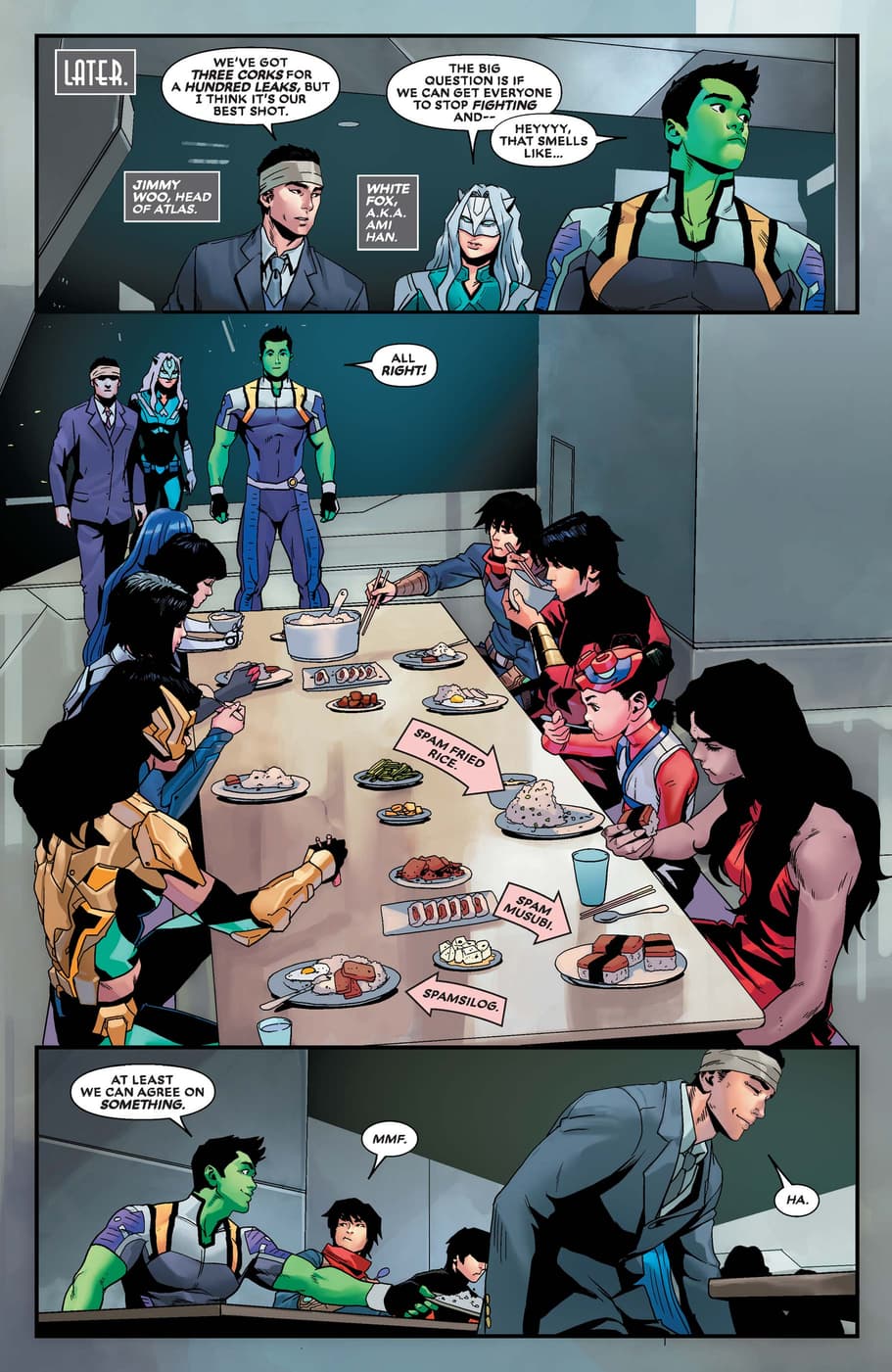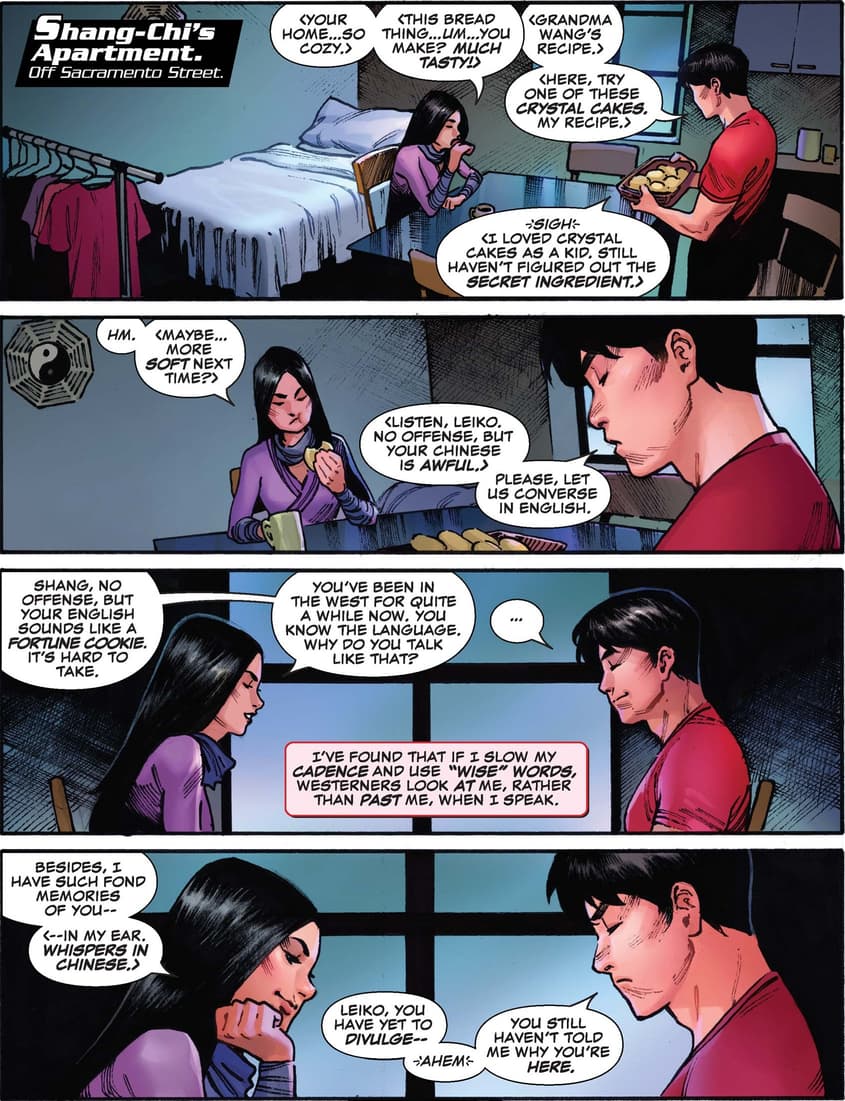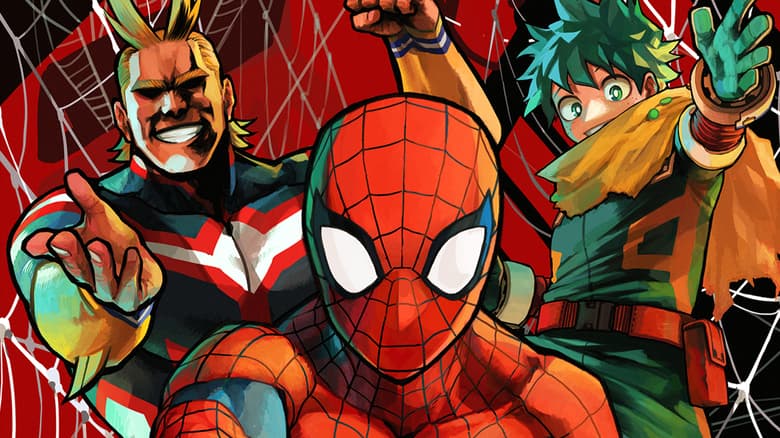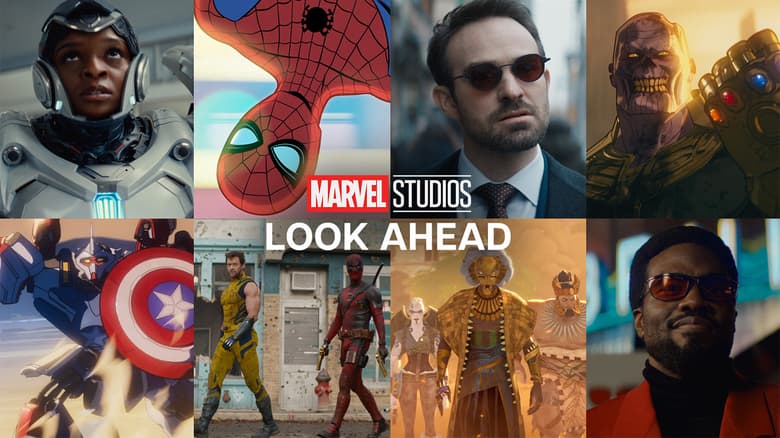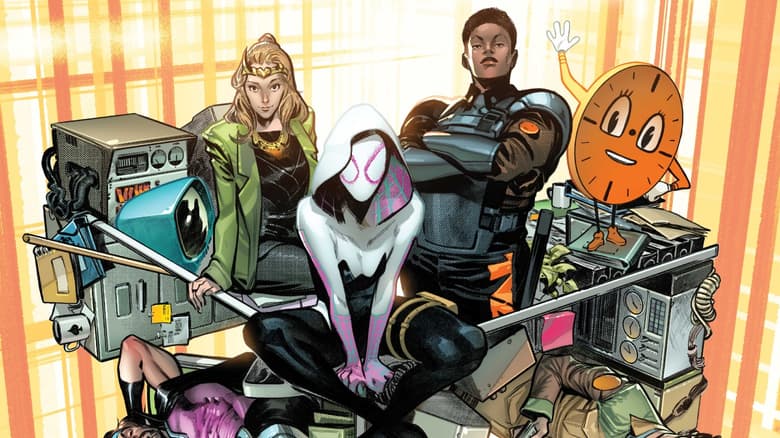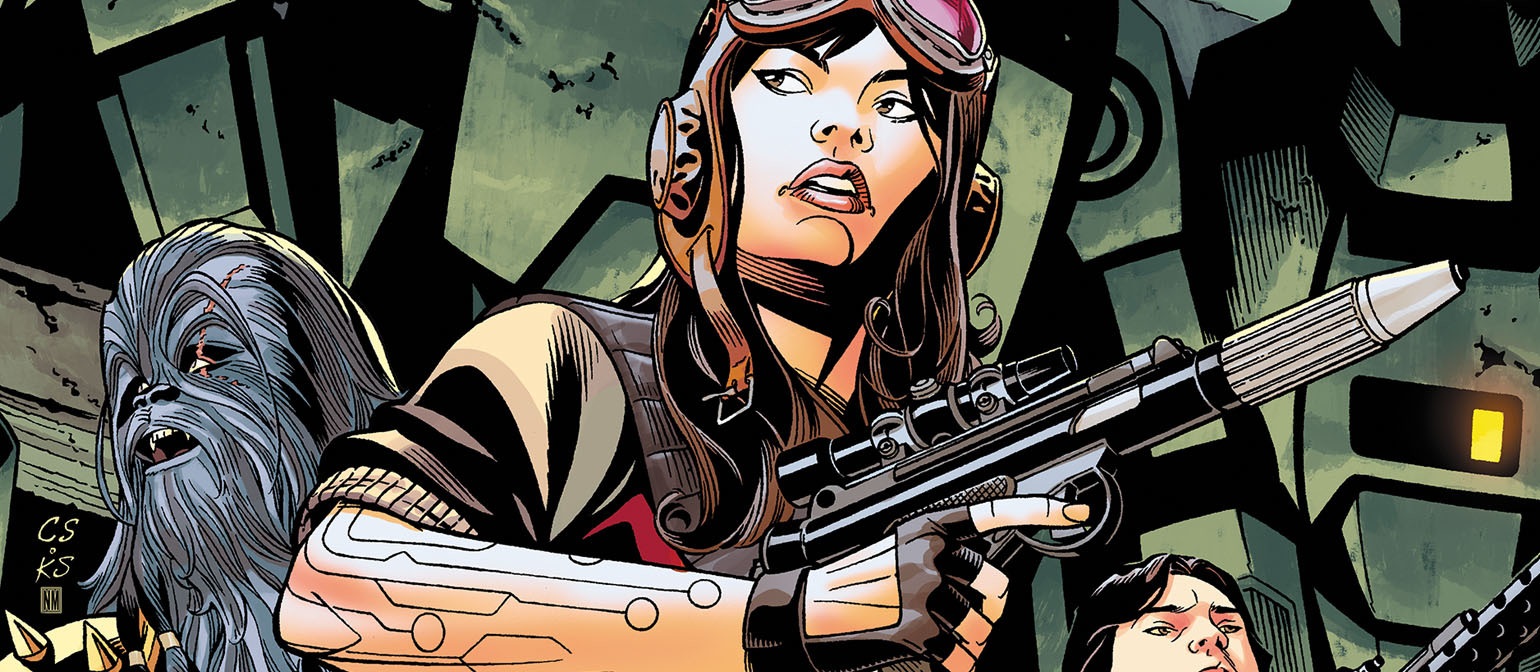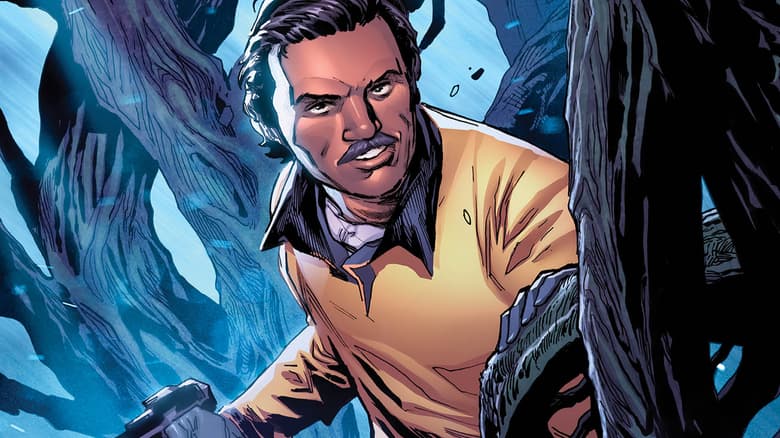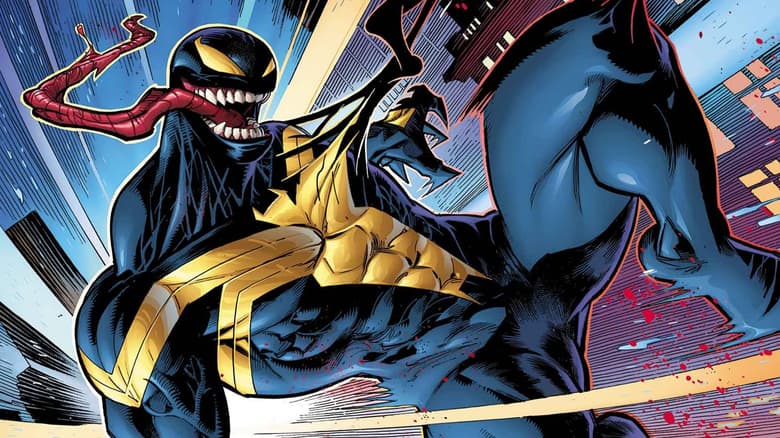'Marvel's Voices': Alyssa Wong on Asian Americans and Finding the 'Mirror Moment' in Media
Find out which Marvel comics and creators influenced Alyssa Wong before she went on to write her own Marvel stories---including her own run of Star Wars' Doctor Aphra!
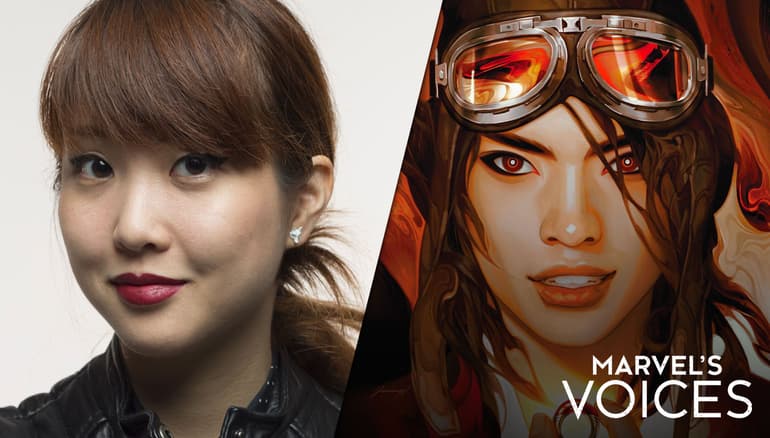
I’ve always been drawn to character stories. For me, character is story: the deeper and more personal you get, the more interesting and reactive the story becomes. Give me someone with a compelling voice and I’ll follow them anywhere. Saving the galaxy? Rad. Baking bread? Also rad. And if you set things up right, maybe the character will do both!
Storytelling is about people. It’s about building a fantasy and cracking it open in strategic places so you can see the real-life scaffolding. Those flashes of recognition when someone sees an anxious Stormtrooper with their helmet off or a Super Hero walking into a Korean BBQ joint and goes, “Oh wait, that person’s just like me.”
I’ll be honest. For most of my life, I had no idea that comics could be about people like me. I rarely saw Asian characters in media. Manga was the exception, and I loved everything that it promised—compelling characters, clever dialogue, and dramatic, intense plotlines that hinged on character arcs. So I read a ton of manga, looking for myself in the margins.
I came back to Western comics in my 20s, thanks to Asian American friends who worked in the industry. They were doing really exciting work, and it drew me in. My turning point was a scene in Greg Pak's THE TOTALLY AWESOME HULK #15, where a group of Asian and Asian American Super Heroes fight over the check at a restaurant. It was such a familiar scenario, one I’d seen play out in my family many times (minus the stun gun), that it made Super Hero comics finally click for me. It was like catching sight of your reflection in a mirror you didn’t know was there.
Those are the moments that make comics so special. They’re the anchoring beats of real life and personal vulnerability, amidst the flash and chaos of saving the world, fighting monsters, and outrunning the Empire. In that same comic issue referenced above, that group of Asian and Asian American Super Heroes bond over food, karaoke, and community outreach. They open up to each other about their lives and the social pressures they share. In WAR OF THE REALMS: NEW AGENTS OF ATLAS #3, another group of Asian, Asian diaspora, and Pacific Islander heroes are down and out, alienated from each other and facing inevitable defeat. They finally manage to bond over a familiar comfort food—spam. It takes a shared feast of Korean spam fried rice, Filipino spam silog, and Hawaiian spam musubi for them to truly become a team.
In SHANG-CHI, Gene Luen Yang explores the characters’ relationships with the Chinese and English language. British-Chinese MI-6 agent Leiko Wu can’t speak Chinese to save her life. (Relatable.) Meanwhile, Shang-Chi navigates several Chinese dialects, including modern Cantonese and ancient Mandarin (due to being raised in a Qing Dynasty-obsessed cult), and reflects on the way Westerners’ assumptions shaped the way he speaks English. When he’s alone with Leiko, he switches syntax and drops the formal tone. We stan a code-switching king! It’s a kind of code-switching that I’m used to seeing in real life, too—a recognizable complexity that adds dimension to the story.
Comics are a great medium for exploring these complexities. They give us the chance to dive deep into characters who reflect the world and bodies we inhabit, and in doing so, create real, powerful stories. I think comics writing hinges on one of the most important aspects of character: voice. Voice tells you who a person is, and whether or not you’re going to get along or have fun watching them crash and burn.
I’m so stoked to be writing Doctor Aphra, whose voice seized my attention from the very first issue of Kieron Gillen’s run. Greedy, ambitious, charming, and impossibly clever, Doctor Aphra is a hot mess of a human being. I adore her for it. DOCTOR APHRA Vol. 1, by Kieron Gillen and Si Spurrier, is a masterclass in character-centric storytelling. Her complicated relationships with her family and loved ones—her dad, her charge Vuulada, and her exes Sana Starros and Magna Tolvan—actively propel her through the story. Aphra’s actions are motivated by these relationships versus her own self-interest, and her decisions are rarely the right ones. Every bad choice counts. It keeps her story delightfully feral. I’m looking forward to exploring Aphra’s relationships with old flames—especially Sana, who gets a nasty surprise in DOCTOR APHRA Vol. 2, #7, when Aphra shows up to complicate her life... again. (And without spoilers: they’re not the only pair of messy queer exes in this arc.)
I love writing complicated, morally-gray characters, and the fact that Aphra is a queer Asian woman is both icing on the cake and a great honor. To go from seeing no Star Wars characters like me, to writing a Star Wars comic series with a lead who shares several facets of my identity has been wild. It’s the mirror moment—not because I am Aphra or any other character, but because her existence means there’s room in comics for stories like mine. Everyone should have that feeling.
Storytelling is about people. The more real you get, the more layered and complex your stories become. I’m excited to continue writing comic characters who reflect the people in my life and the things I’ve experienced. It's about giving a voice to the stories I've always wanted to see. There will be space battles, double-crossing, and supervillain showdowns… but at the heart of the fantastical lies the familiar, real, and true.
For more of Alyssa Wong's writing, pick up her run of STAR WARS: DOCTOR APHRA (2020) today, and check out some of her favorite Marvel comics, selected exclusively for Marvel's Voices!
Have you tried Marvel Unlimited yet? It’s your all-access pass to over 28,000 Marvel comics, all available at your fingertips. Sign up now to enjoy your favorite stories sooner, just three months after they’re in stores!
